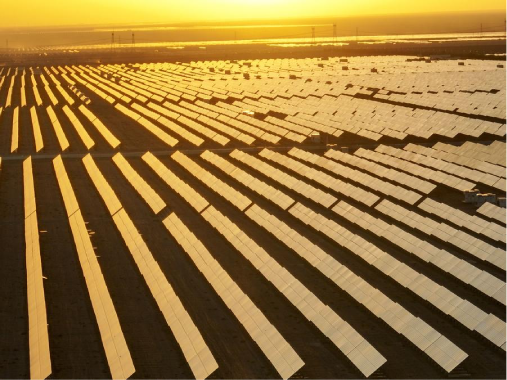The last year wasn’t an easy year for anyone. Lockdowns dampened economic activity to the point that GDP fell nearly everywhere. Major markets in the Middle East and other places where energy is a crucial contributor to the economy faced an additional challenge in the significant decline in the price of oil.
That might have wrought a great deal of damage to Islamic financial institutions (IFIs). Yet banks and other financial entities that operate according to Shariah law performed well overall, according to data from S&P Global. Net profits for the sector fell approximately 10% last year on the back of increased provisioning—less than the decline at conventional banks. Returns for IFIs remained solid at 1.4%, despite falling year over year. Although GDP fell everywhere, most IFIs recorded growth in assets, boosted by increased deposit placements.
The winners of Global Finance’s Best Islamic Financial Institutions awards for 2021 are those that achieved solid financial performance during this challenging period, together with a widened product portfolio, enhanced service, technology investment and increased market reach.
For many banks, the 2020 pandemic brought forth the rewards of previous investment in technology. One leading example is Kuwait Finance House (KFH), our pick for World’s Best Islamic Financial Institution 2021. KFH has significant market reach across the Middle East, Turkey, Asia and Europe; and its financials, including capital and funding, are strong. But the crisis catapulted an enhanced response.
“The test has proved the prudence of the Group fintech digital strategy, thus enabling us to work during the full lockdown periods,” KFH Chairman Hamad Abdulmohsen Al-Marzouq said in a statement reviewing the pandemic year. “We shall proceed [to] enhance the benefits of digital services and focus on accommodating the most modern and highly sophisticated technologies in the field of internet and artificial intelligence that would enable us to avail all open applications at any time or place.” Digital enhancement remains a key ongoing theme for IFIs.
The consolidation trend in Islamic banking likewise shows little sign of abating. Most recently, Saudi-based National Commercial Bank merged with Samba Financial Group to create the Kingdom’s largest bank, with assets of over $230 billion. Renamed Saudi National Bank, the merged institution began operations in April 2021. Similarly, Indonesia recently finalized the merger of Islamic banking units of three state-owned banks, creating the country’s largest Shariah-compliant bank, with assets of $17.1 billion.
This year will remain challenging for IFIs. Nonperforming loans, and hence provisions, may increase this year as loan-forbearance periods related to Covid-19 end. However, major Global Finance award winners are undergirded by solid financial positions and good franchises.





